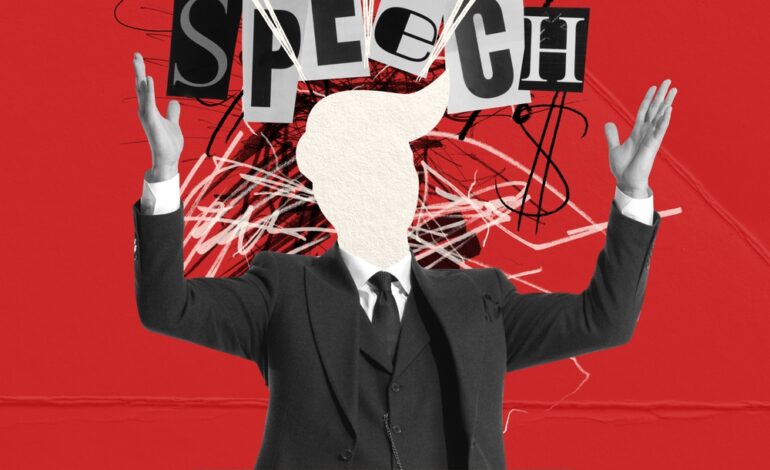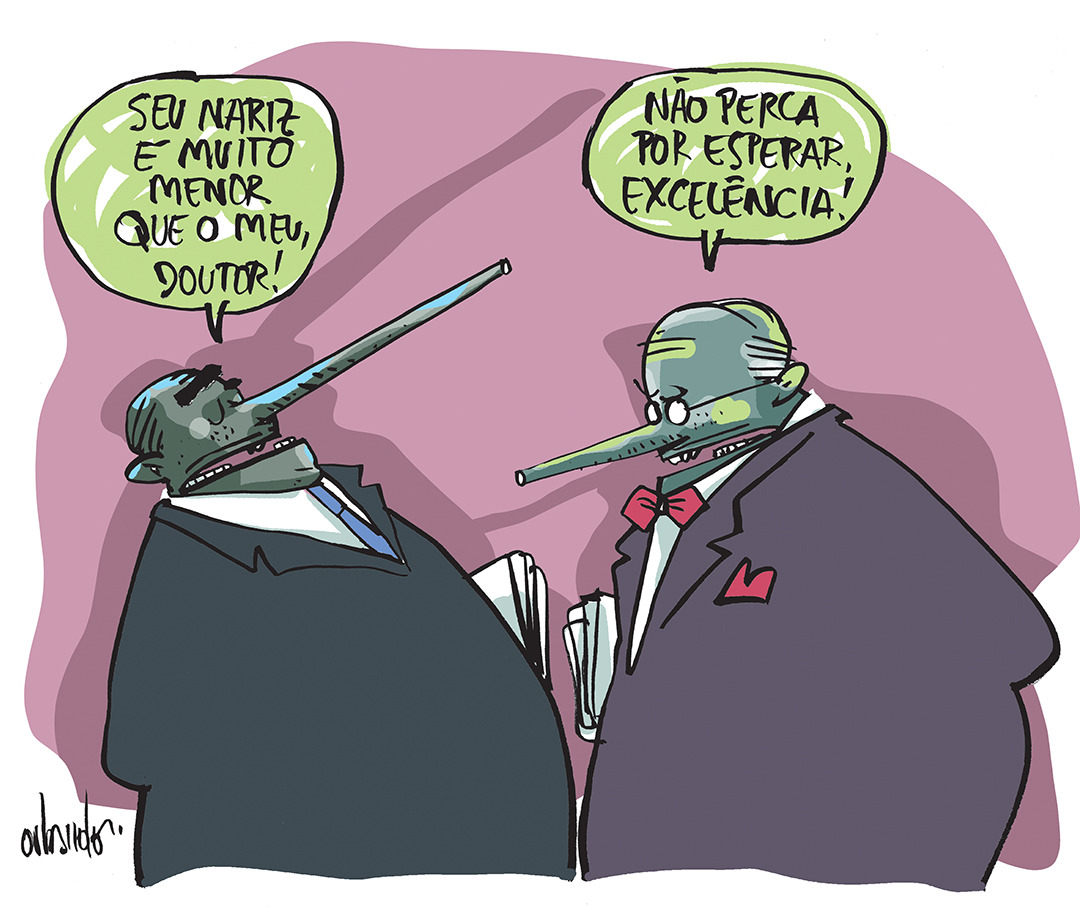The decline of politics

"Politics is the art of looking for problems, finding them all, making a false diagnosis and applying the wrong solutions."
Groucho Marx
It is often said that politics is the art of swallowing frogs. These days, I say that politics is the territory of farce, where the truth is lost in the lies of those who manipulate it.
Let's take the case of the impeachment trial of Senator Sergio Moro as an example. There is a debate about whether the funds he used in the pre-campaign phase should be counted for the purposes of rendering accounts and complying with the legal spending limits for an election campaign.
The ruling is of the utmost importance, as it will guide the actions of candidates in future elections. In other words, when the TSE makes its final decision, we will know whether there are limits on electoral spending, or whether the floodgates are open to unscrupulous politicians. The fact that the trial involves Sergio Moro sheds more light on the issue, as he is an execrable figure as a judge and politician.
When we analyze his political actions, we will see the same pattern of moral and legal dishonesty that he employed during his time as a judge. First, he used his judges' robe to try to destroy the political class. Then, breaking his promise, he abandoned the robe to enter politics and become a minister in a government he helped elect, demanding in return that he be guaranteed a position as a Supreme Court justice. Seeing that the promise would not be kept, he betrayed his allies with serious accusations of crimes committed by the then president in order to launch himself as a candidate for president of the Republic.
During the campaign, already polarized between two candidates, he goes back on his public accusations and returns to being an ally of the government he criticized so much. He runs for the Federal Senate in São Paulo, abandoning his home state. His electoral registration in São Paulo was revoked and he was forced to return to the state he had abandoned months before, betraying his political godfather to take his seat as senator. He is due to be indicted by the Federal Police for embezzlement and misuse of public funds at the time he was a federal judge. Now his accounts are being challenged and he is bleeding out in the public square to the point where, for fear of being arrested, he is crawling to Gilmar Mendes, his biggest enemy and the person he has repeatedly called corrupt, for help.
Thus, thanks to his successive farces and betrayals, he has achieved a political feat: uniting the right and the left in a common cause, the impeachment of his mandate.

This quick summary of the immoral movements shows just how far politics has come. Unprepared candidates, front parties, bionic candidacies, fake news, misuse of campaign spending, fraudulent registration in non-existent electoral addresses. There are no limits to the abuses of these malicious politicians. The electoral rule is a mess, and the terrible moral and intellectual level of the politicians makes the situation even worse.
Brazilian politics has undergone significant transformations over the decades and the figure of politicians like Sergio Moro stands out as an example of questionable practices that have contributed to the decline in the ethical, legal and moral level of the national political scene.
In previous decades, Brazilian politics was marked by intense ideological debates and leaders who, despite their differences, were committed to political and social ideals. Figures such as Juscelino Kubitscheck, Roberto Campos, Carlos Lacerda, Leonel Brizola, Franco Montoro, Tancredo Neves and Ulysses Guimarães represented different political currents, but maintained a respect for democratic institutions and a commitment to their ideologies and the well-being of the population.
Over the following decades, the political landscape changed dramatically. The large number of political parties with little representation and the rise of the centrão, a group of political parties with no ideology and characterized by pragmatic negotiations in exchange for political support, brought about a series of practices that undermined transparency and ethics in politics. The pursuit of public office and resources has become a priority over the public interest, undermining the public's trust in political institutions.
Demanding a change in ethical behavior and commitment to the public interest from today's politicians seems like an unattainable goal, but it's impressive how far the bottom has fallen for the degradation of Brazilian politics. Electoral justice needs to act so that these electoral farces have limits.


